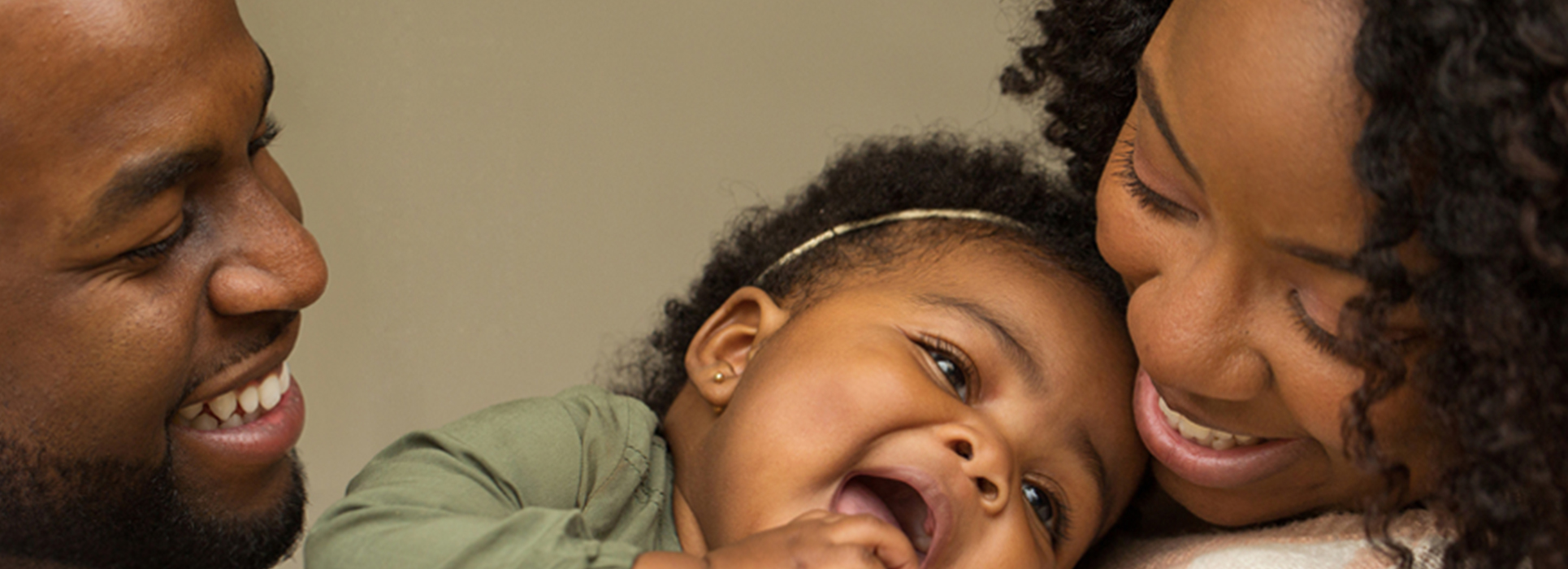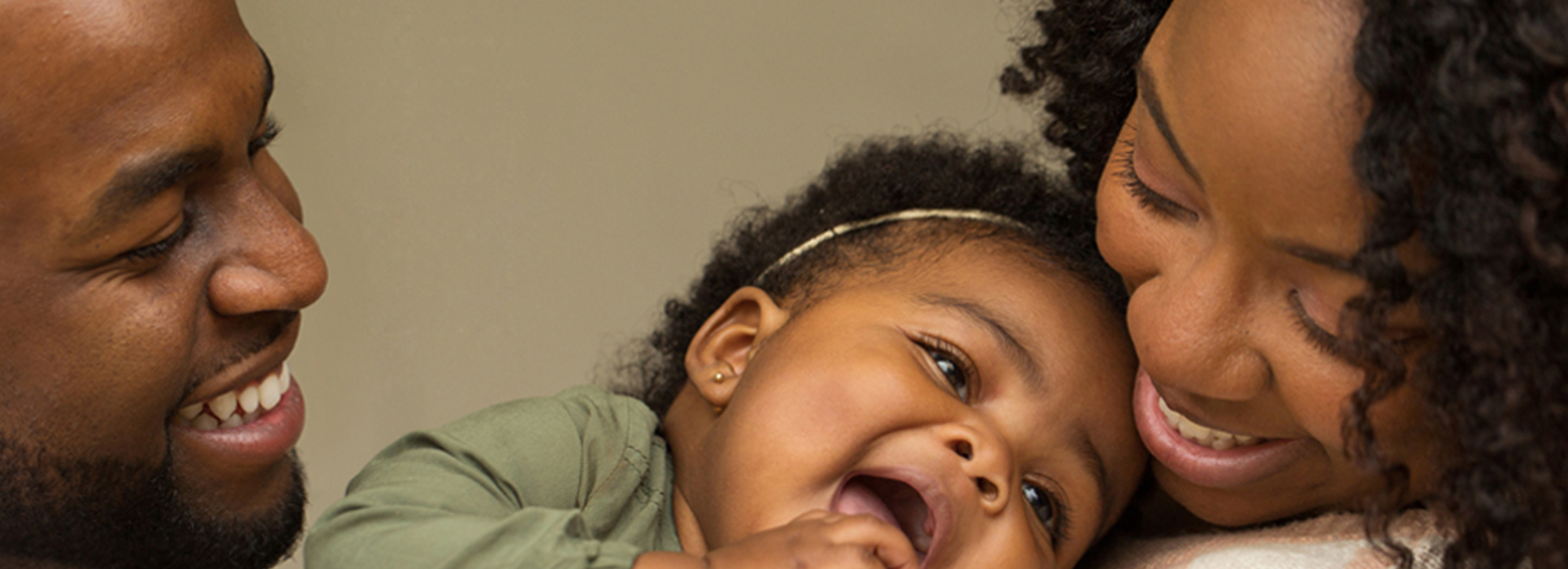“Wait and see.” “He’ll catch up.” “I was a late talker too, and I turned out fine.”
Do any of these phrases sound familiar? You may hear friends and family, or even pediatricians, give these responses when you bring up certain concerns regarding your child’s development.
But when you’re a parent with a gut feeling that your child’s development doesn’t look like what you’d expect, or that you’ve noticed certain delays, patterns, or behaviors that seem “off”, the last thing you want to do is just wait.
It’s true that certain behaviors might resolve. And sometimes children with speech delays do catch up.
However, research on Autism continues to prove that earlier assessments, which leads to earlier initiation of treatment, results in the best outcomes.
Think of it this way. There is no harm in having your child assessed by a professional if you have concerns about his or her development.
So, where do you start? Let’s talk about the when, why, and how to have your child assessed for Autism Spectrum Disorder, along with the answers to a few other questions you might be thinking.
When Should You Seek an Autism Assessment?
How early can Autism be detected? Many parents might wonder if their child is too young to be assessed for ASD.
According to the Centers for Disease Control and Prevention (CDC), Autism Spectrum Disorder can sometimes be diagnosed when a child is 18 months-old or younger. The CDC states that, “by age 2, a diagnosis by an experienced professional can be considered reliable”.
ASD Screenings By Your Child’s Pediatrician
Pediatricians following the American Academy of Pediatrics (AAP) will screen a child specifically for Autism during the child’s wellness checkups at 18 months and 24 months.
Parents can also request that this screening be completed if they have concerns. This Autism screening tool may also be used at other times by the pediatrician if your child is at a higher risk for Autism due to factors like having a family member with ASD or is demonstrating symptoms that are characteristic of ASD.
This screening may consist of your doctor or a nurse asking you questions about your child’s development in various areas, such as communication, social interaction, behavior, and play. You may also be asked to complete a questionnaire to answer questions about your child’s skills in these areas and others.
Here are some questions from the M-CHAT-R, a commonly used Autism screening tool:
- If something new happens, does your child look at your face to see how you feel about it?
- Does your child show you things by bringing them to you?
- When you smile at your child, does he or she smile back at you?
- Does your child make unusual finger movements near his or her eyes?
- Is your child interested in other children?
- Does your child point with one finger to ask for something or to get help?
It’s important to remember that this is only a screening tool. This will not provide an Autism diagnosis. However, it can help you and your pediatrician determine whether your child may benefit from a complete evaluation by a specialist.
When to Schedule a Full Assessment
Another option for scheduling an Evaluation is to schedule the Evaluation directly with a specialist. This would be a diagnostic evaluation that would test your child to determine if he or she demonstrates signs that are in line with the criteria for Autism.
Meaning, if you have concerns that your child is displaying possible signs and symptoms of Autism, you do not have to wait for a screening done by your child’s Pediatrician first in order to have your child tested.
Keep in mind that early detection of Autism is key for being able to start the recommended therapies early to support his or her progress.
Another key point to know is that specialists who test a child for Autism Spectrum Disorder may be in high demand. When you contact a professional in your area to schedule, it could be several months before your child is able to come in for that appointment.
So again, it’s important not to wait too long if you are concerned with your child’s development and possible signs of Autism.
Why Should You Seek an Evaluation?
Knowing the characteristics of Autism Spectrum Disorder and being familiar with typical developmental milestones can help parents determine when to directly seek an evaluation for the disorder.
Parents should also be familiar with typical developmental milestones across ages. Those include the areas of communication and social interaction, as well as play and cognitive skills.
Developmental Milestones
Knowing how your child’s communication, social, and play skills compare to other children can help you decide whether is cause for concern.
Other than speaking to your child’s Pediatrician, you can find this information through reputable sources.
One credible, evidence-based source is the Centers for Disease Control and Prevention (CDC). The CDC offers a free Milestone Tracker App, and also has digital milestones guides for various ages on their website.
According to the CDC, at 18 months-old, here is what most babies do:
Social-Emotional Milestones
- Points to show you something
- May move away from you but look to make sure you are still close by
- Pushes arms through sleeves to help you dress him or her
Language/Communication Milestones
- Says “mama” or “dada” and at least 3 other words
- Can follow a 1-step direction without you pointing or gesturing.
Cognitive Milestones
- Imitates things you do around the house, such as cleaning
- Plays with simple toys the right way (“functional play”). For example, pushes a toy car back and forth.
Parents can also visit the CDC’s website to complete a milestone checklist for their child according to his or her age.

The results of the checklist can then be shared with a medical professional, such as your child’s Pediatrician.
Other resources for viewing developmental milestones that can help identify if your child is on track are the American Speech-Language and Hearing Association (ASHA) and the Ages and Stages Questionnaire (ASQ).
As children with Autism demonstrate communication disorders, parents can pay particular attention to their child’s communication skills. ASHA provides guides with Speech and Language Milestones that can help, such as this one:
Characteristics of Autism Spectrum Disorder
If you notice characteristics of Autism Spectrum Disorder in your child, you should schedule an evaluation with a specialist who can test and possibly provide that diagnosis.
Here are some of the characteristics of Autism as listed by the CDC:
Social Communication and Interaction Skills
 Social communication and interaction skills can be challenging for people with ASD.
Social communication and interaction skills can be challenging for people with ASD.
Examples of social communication and social interaction characteristics related to ASD can include
- Avoids or does not keep eye contact
- Does not respond to name by 9 months of age
- Does not show facial expressions like happy, sad, angry, and surprised by 9 months of age
- Does not play simple interactive games like pat-a-cake by 12 months of age
- Uses few or no gestures by 12 months of age (for example, does not wave goodbye)
- Does not share interests with others by 15 months of age (for example, shows you an object that they like)
- Does not point to show you something interesting by 18 months of age
- Does not notice when others are hurt or upset by 24 months of age
- Does not notice other children and join them in play by 36 months of age
- Does not pretend to be something else, like a teacher or superhero, during play by 48 months of age
- Does not sing, dance, or act for you by 60 months of age
Restricted or Repetitive Behaviors or Interests
People with ASD have behaviors or interests that can seem unusual. These behaviors or interests set ASD apart from conditions defined by problems with social communication and interaction only.
Examples of restricted or repetitive behaviors and interests related to ASD can include

- Lines up toys or other objects and gets upset when order is changed Repeats words or phrases over and over (called echolalia)
- Plays with toys the same way every time
- Is focused on parts of objects (for example, wheels)
- Gets upset by minor changes
- Has obsessive interests
- Must follow certain routines
- Flaps hands, rocks body, or spins self in circles
- Has unusual reactions to the way things sound, smell, taste, look, or feel
How Can You Have Your Child Assessed?
Now that you know when and why to have your child assessed for Autism, let’s talk about how (and who) to go to for that assessment.
The following health professionals can test and diagnose ASD:
- Developmental/Behavioral Pediatrician
- Child Psychologist
- Child Psychiatrist
- Neurologist
Your child may be referred for evaluations by other professionals as well, due to concerns in various areas of their development (such as a Speech-Language Pathologist or Occupational Therapist).These evaluations should be completed, and are important for receiving services.
However, keep in mind that only the above specialists can actually diagnose Autism Spectrum Disorder.
Look for these professionals in private practices in your area, or through your local children’s hospital.
Other Resources to Help
If you have concerns about signs of Autism in your child, downloading the Lil Requester app can help him or her improve their. communication skills and behavior.
The Lil Requester app can provide your child with an effective way to communicate with the world around them. You can customize an electronic communication board for your child to use across environments, and it can be helpful children with communication delays, both those who do and do not have Autism.
Continue to follow the Lil Requester blog for more helpful information and resources.
Amy Yocoub is a Clinical Competence Certified Speech Language Pathologist and an SLP Consultant at Lil Requester.





